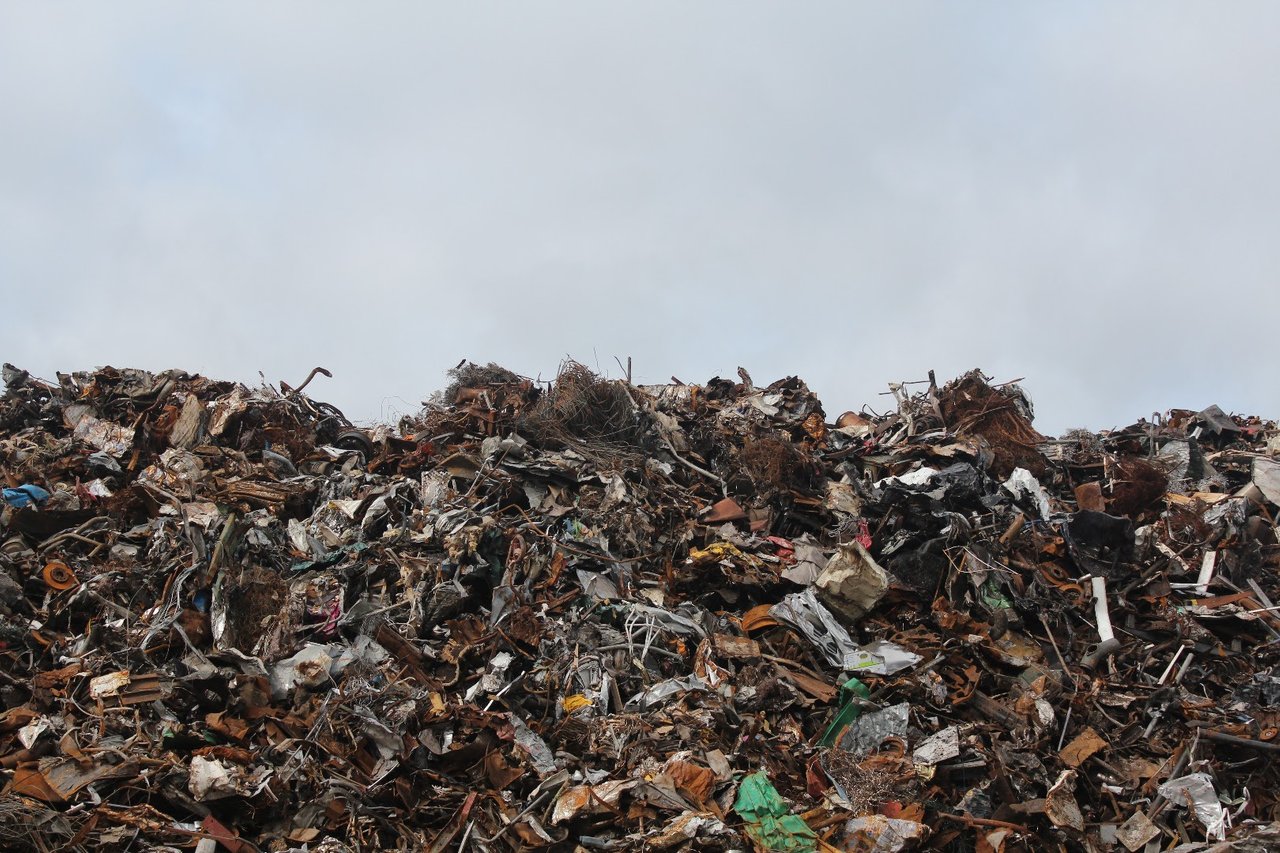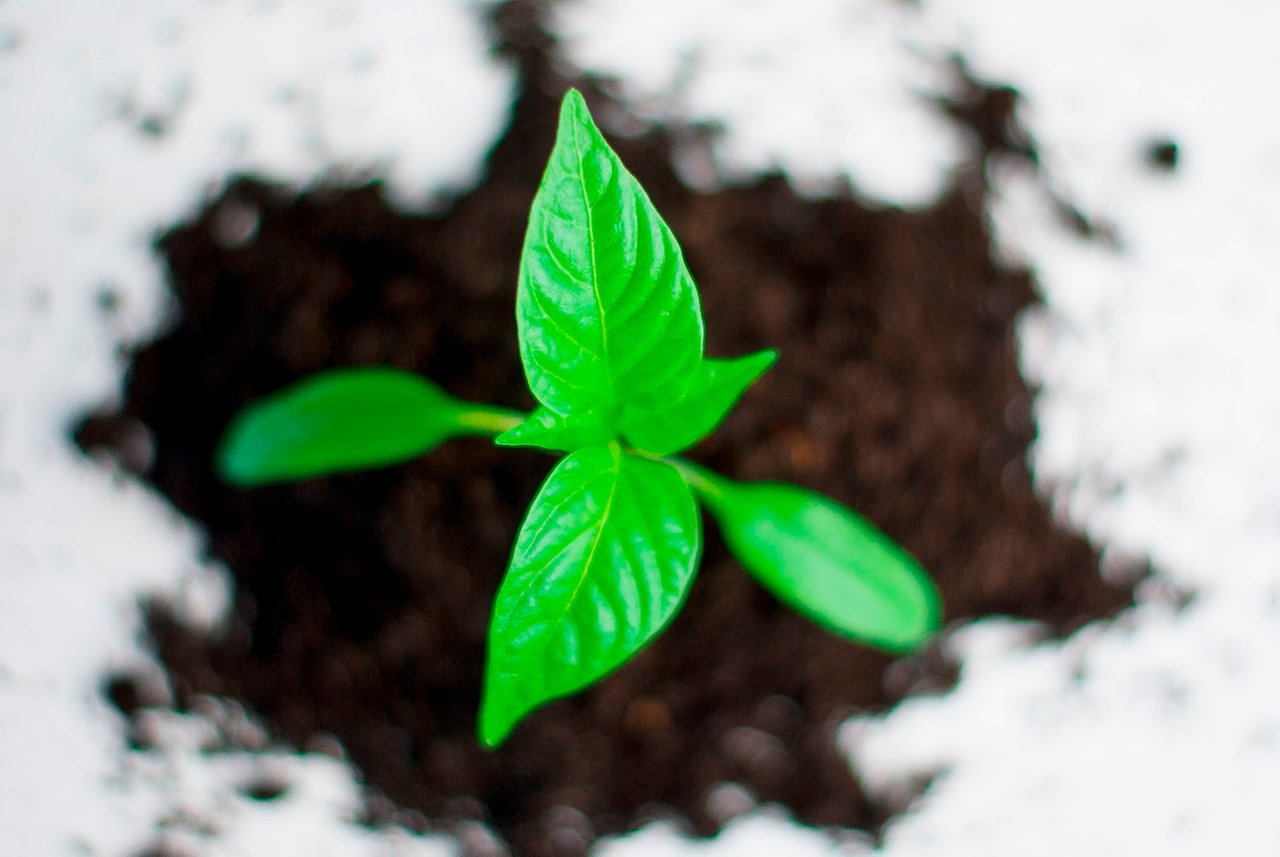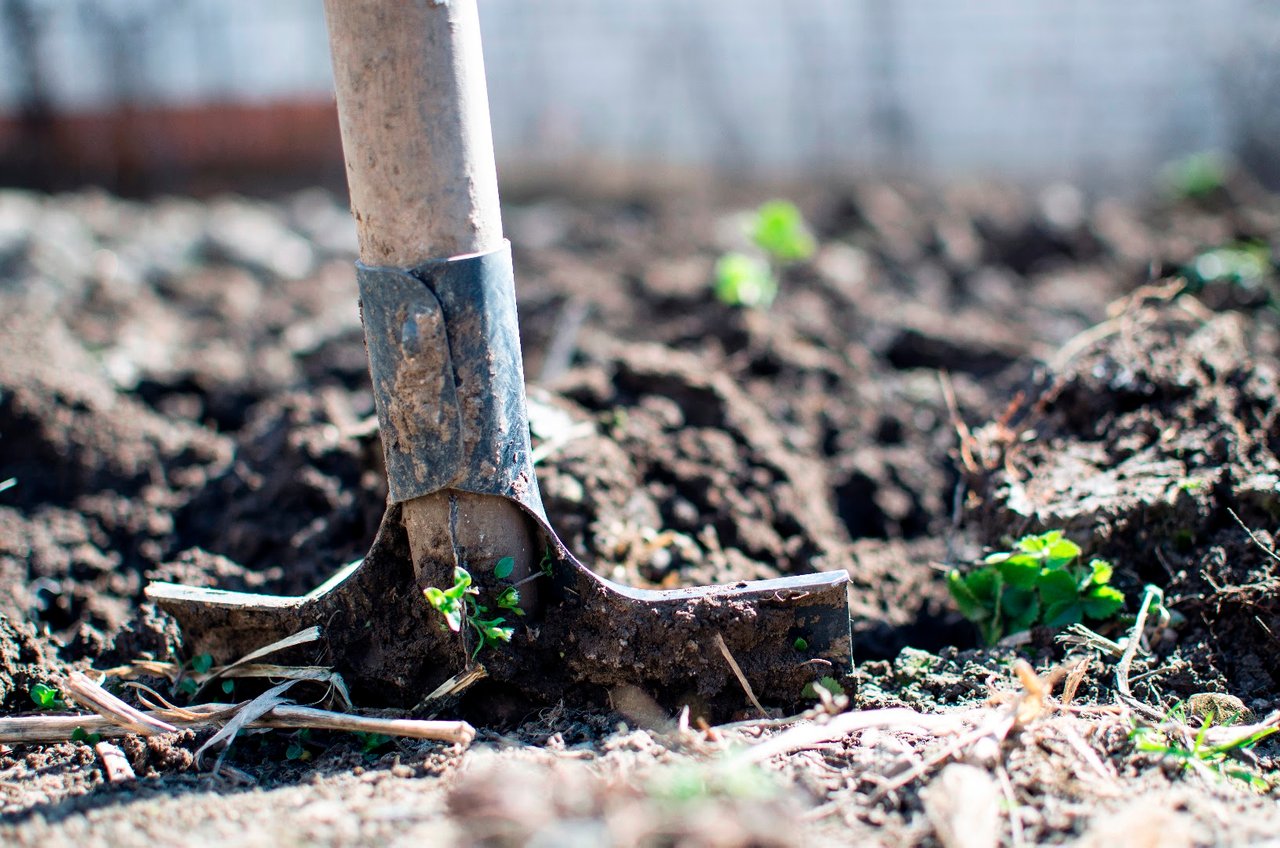Composting 101
I don’t know any statistics or information about how much waste we produce… individually, as a nation, or in the entire world. I just know that it’s a lot and that it needs to stop.

We are inherently a wasteful society and trust me, I know I am a part of the problem. It’s so easy to throw away anything that doesn’t meet our standards and simply buy a new replacement. That goes for furniture, appliances, clothing, food… everything! But while researching how to begin composting, I realized that small changes can make big impacts. And while composting may not be the most glamorous new habit, I know that it will be worth the effort.
Definition
According to the EPA (Environmental Protection Agency),
“Compost is organic material that can be added to the soil to help plants grow. Food scraps and yard waste currently make up 20 to 30 percent of what we throw away, and should be composted instead.”
Essentially, it is a variety of decaying organic matter (plants, produce, etc.) that can be added to the soil to fertilize it.
Basics
All compost requires three basic ingredients:
- Browns - dead leaves, branches, etc.
- Greens - grass clippings, fruit/vegetable waste, etc.
- Water
There should be a balanced, equal amount of each matter to keep your compost healthy and decomposing properly.

Types
Everyone composts differently. If you live in a busy city with little to no yard space, indoor composting with a worm bin can prove effective (and space saving). If you live in a rural setting with enough land, you can compost in your own backyard using the steps below.
Steps
- Select a dry, shady spot near a water source for your compost pile or bin.
- Add brown and green materials as they are collected, making sure larger pieces are chopped or shredded.
- Moisten dry materials as they are added.
- Once your compost pile is established, mix grass clippings and green waste into the pile and bury fruit and vegetable waste under 10 inches of compost material.
- Optional: Cover top of compost with a tarp to keep it moist. When the material at the bottom is dark and rich in color, your compost is ready to use.

Benefits
Composting can:
- Enriches soil, helping retain moisture and suppress plant diseases and pests.
- Reduces the need for chemical fertilizers.
- Encourages the production of beneficial bacteria and fungi that break down organic matter to create humus, a rich nutrient-filled material.
- Reduces methane emissions from landfills and lowers your carbon footprint.
To put it simply, composting helps reduce the amount of waste that goes into landfills while simultaneously enriching our soil. It’s a win-win situation!
Stigma
“Compost is stinky and time consuming and hard work.”
First, a properly managed compost bin will not attract pests or rodents and will not smell bad.
Second, compost may naturally take a few months but you don’t have to sit and watch it (unless you want to I guess).
Third, the initial set-up requires the most work and even that is minimal. Maintenance is essentially keeping the compost moist and occasionally turning it.
So…
I am blessed to currently live on a small plot of land that my family can compost on. On the edge of our property and behind the small vegetable garden, we designated an area for our new compost pile!
Over the next week, I plan on documenting how many gallons of waste we compost and the variety of items as well. Wish us luck!
Do you compost/ have you ever considered composting? What advice do you have for others?
P.S. I want to thank you all so much for the incredible support I received for yesterday's article. Only my second day on Steemit and only my third post, yet it received 100+ up votes! I am so thankful to you all and I hope I continue to post worthy articles!
Follow @kiaraantonovich
Photography from Pexels and used under the CC0 license.
Information and quotes cited from the EPA website.
This is a 100% Steem power up blog!
